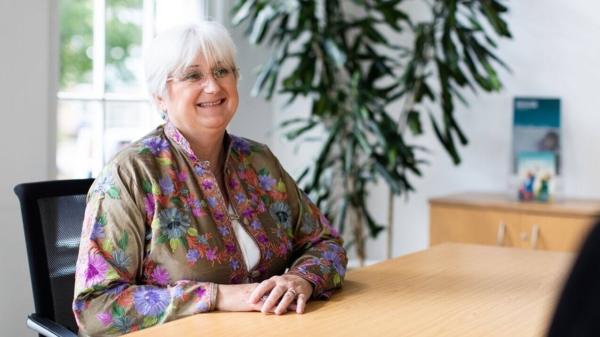

Deputyship is the process of getting authority to act on behalf of a vulnerable person in respect of their property and finance or welfare decisions on an ongoing basis. It is the alternative process available where an individual lacks mental capacity and does not have a valid power of attorney.


